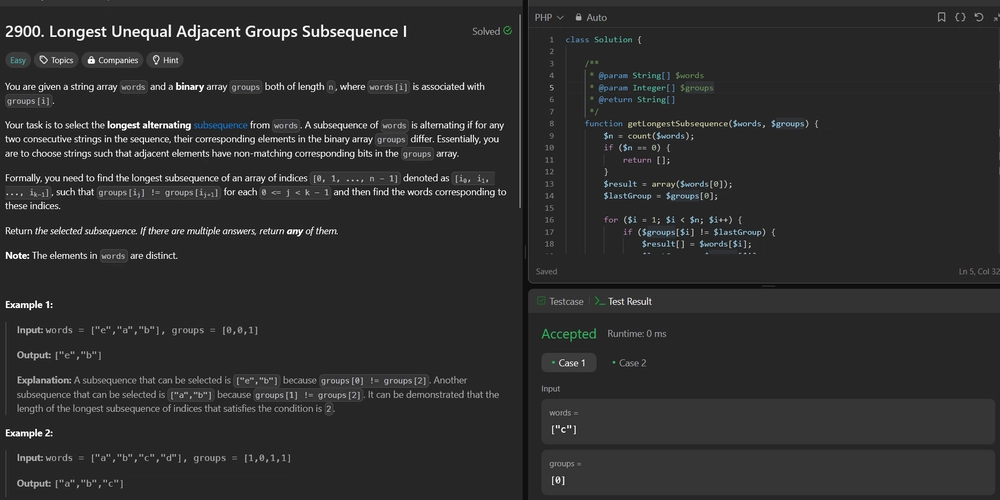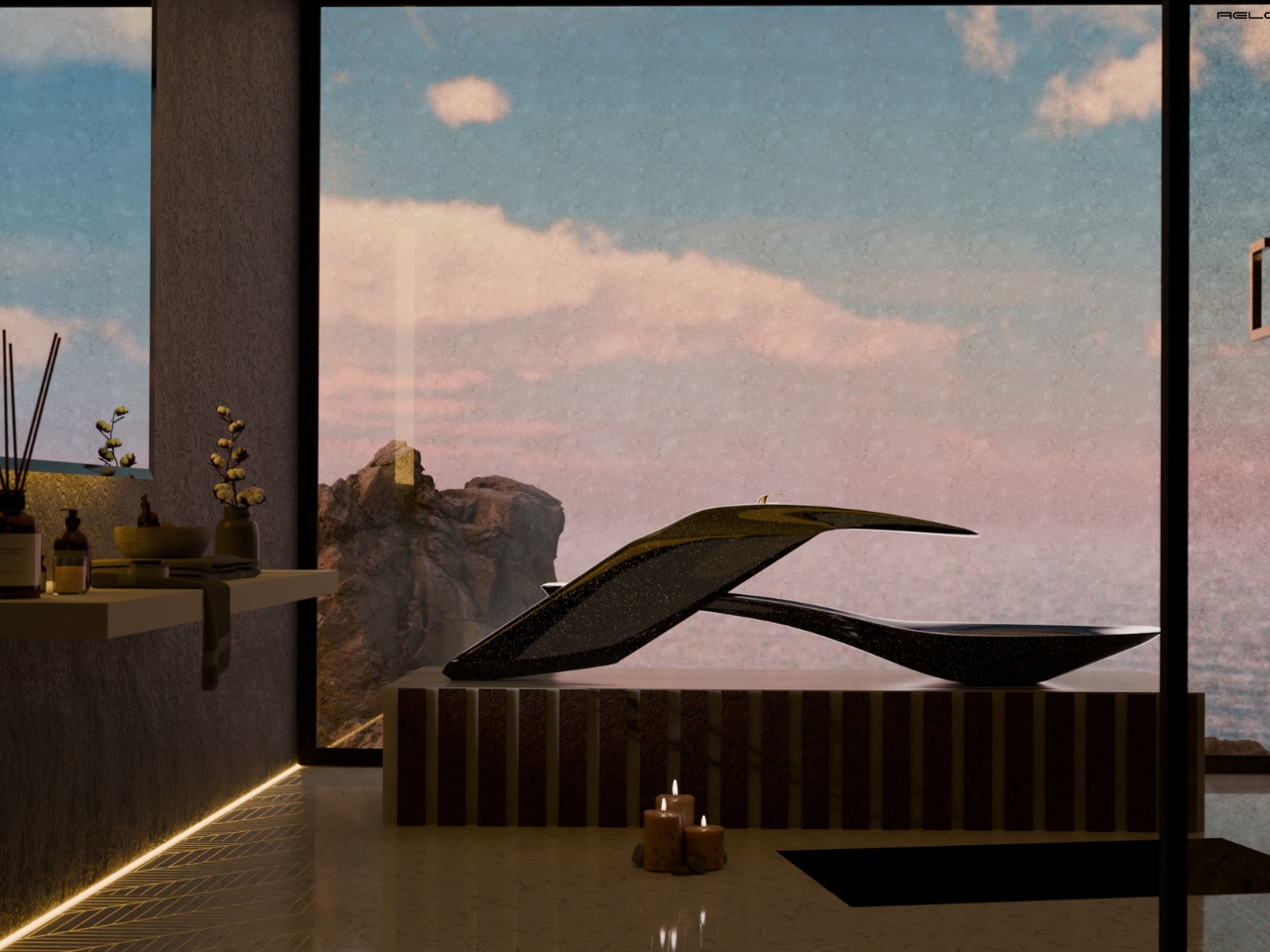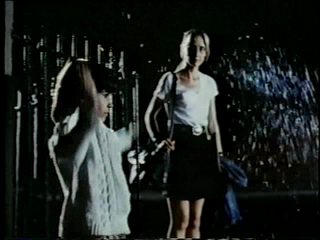Invitation to the Trance [SLEEPWALK]
From the January 29, 1988 Chicago Reader. –J.R. SLEEPWALK *** (A must-see) Directed by Sara Driver Written by Driver and Lorenzo Mans With Suzanne Fletcher, Ann Magnuson, Dexter Lee, Steven Chen, Tony Todd, Richard Boes, and Ako. The French term fantastique — which emcompasses science fiction, comic strips, Surrealism, sword and sorcery tales, and many other forms of fantasy — suggests an attitude toward the imagination that is distinctly different from the Anglo-American model. In our more empirical culture, reams of verbiage are devoted to distinguishing science fiction from fantasy, and legislating certain laws of etiquette to govern both — rules of internal consistency and narrative coherence decreeing that all breaches with recognizable reality stem from the same premises, whether these premises be scientific, purely fanciful, or some mixture of the two. The French tend to be freer and looser about such matters, which helps to explain why such films as Les visiteurs du soir, Picnic on the Grass, Last Year at Marienbad, Je t’aime, je t’aime, Alphaville, Fahrenheit 451, Celine and Julie Go Boating, and Deathwatch pose to English and American temperaments certain problems that are not posed by The Wizard of Oz, Things to Come, It’s a Wonderful Life, 2001: A Space Odyssey, The Exorcist, Star Wars, Close Encounters of the Third Kind, and Blade Runner. Read more
![Invitation to the Trance [SLEEPWALK]](https://jonathanrosenbaum.net/wp-content/uploads/2010/01/sleepwalk2.png)
From the January 29, 1988 Chicago Reader. –J.R.
SLEEPWALK
*** (A must-see)
Directed by Sara Driver
Written by Driver and Lorenzo Mans
With Suzanne Fletcher, Ann Magnuson, Dexter Lee, Steven Chen, Tony Todd, Richard Boes, and Ako.
The French term fantastique — which emcompasses science fiction, comic strips, Surrealism, sword and sorcery tales, and many other forms of fantasy — suggests an attitude toward the imagination that is distinctly different from the Anglo-American model. In our more empirical culture, reams of verbiage are devoted to distinguishing science fiction from fantasy, and legislating certain laws of etiquette to govern both — rules of internal consistency and narrative coherence decreeing that all breaches with recognizable reality stem from the same premises, whether these premises be scientific, purely fanciful, or some mixture of the two.
The French tend to be freer and looser about such matters, which helps to explain why such films as Les visiteurs du soir, Picnic on the Grass, Last Year at Marienbad, Je t’aime, je t’aime, Alphaville, Fahrenheit 451, Celine and Julie Go Boating, and Deathwatch pose to English and American temperaments certain problems that are not posed by The Wizard of Oz, Things to Come, It’s a Wonderful Life, 2001: A Space Odyssey, The Exorcist, Star Wars, Close Encounters of the Third Kind, and Blade Runner. Read more















































































